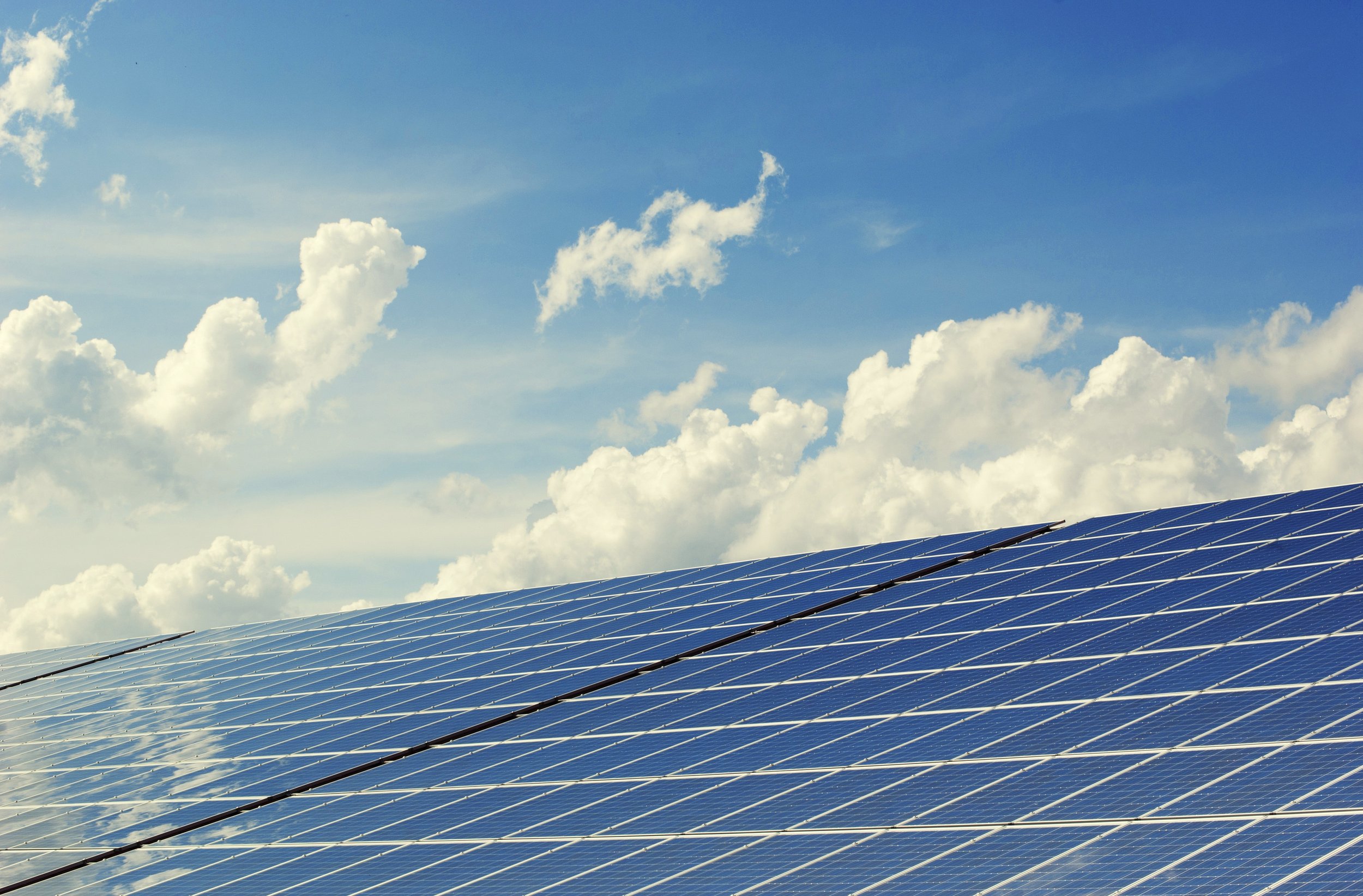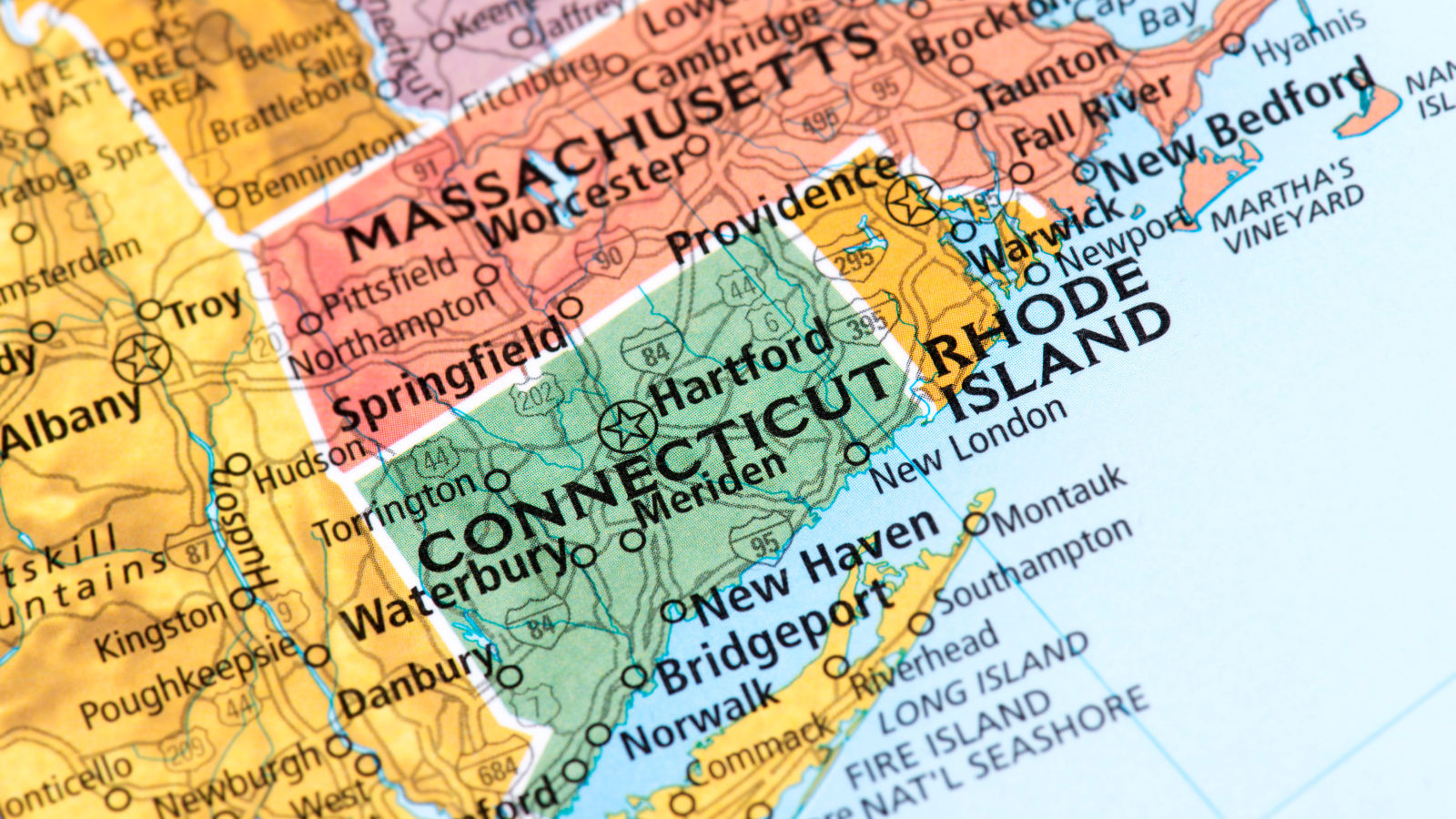Dr. Dan McKorley Advocates for Sustainable Solutions for Salt Industry
Dr. Dan McKorley, Executive Chairman of McDan Group, encouraged the salt industry to adopt more sustainable transportation and logistics practices for a greener future. He emphasized this point at the International Conference on Advances in Salt and Marine Chemicals: Brine Mining, Purification, and Resource Recovery (ICASMC 2024), where he suggested exploring eco-friendly transport options like electric fleets, renewable energy for logistics, and smart route optimization to cut down on carbon emissions. These changes, he argued, are vital for the industry's long-term viability and align with global decarbonization trends.
McKorley's call comes amid growing environmental concerns over the transport of the roughly 300 million metric tonnes of salt produced annually worldwide. His proposal was praised as crucial for integrating sustainability into the industry and ensuring a more responsible approach to salt production and transport.
He also stressed the need for collaboration and innovation across the sector, proposing the formation of a global consortium to share knowledge, streamline supply chains, and address potential shortages, particularly in pharmaceutical-grade sodium chloride.
McKorley additionally advocated for investing in research and development for automated mining, drone technology, and advanced purification methods to boost efficiency and minimize environmental impact. He highlighted the potential of solar salt and marine chemicals technologies for sustainable production and recommended supporting research to improve their scalability and efficiency.
WHY IS THIS IMPORTANT?
There's a lot of talk these days about new environmental rules and regulations coming down the pipeline. So, it's smart for companies to start thinking about going green now. Not only does it help them avoid getting hit with heavy fines later on, but it also sets them up as leaders in the field.
Dr. McKorley says teaming up and getting creative is key. By working together and investing in new tech, like fancy-schmancy drones and smart logistics systems, companies can make their supply chains run smoother and save some cash along the way.
🔥 OUR HOT TAKE?
Dr. McKorley's push for sustainable practices in the salt industry isn't just about being eco-friendly; it's a wake-up call for companies to adapt or risk being left behind. With environmental concerns on the rise and consumers demanding greener options, embracing eco-friendly transportation and innovative solutions isn't just a choice—it's a necessity for long-term success. His call for collaboration and investment in new technologies signals a shift towards a more responsible and forward-thinking industry, where sustainability isn't just a buzzword but a driving force for change.
Some have suggested that covering the Sahara Desert with solar panels could harness its abundant sunlight and provide a vast, sustainable energy source.
Imagine it's 2024 and the U.S. is on the brink of a modern-day gold rush, but this time, it's all about a new, clean energy source buried right beneath us—geologic hydrogen.
Environmental organizations in California are gearing up for a significant legal battle as the state Supreme Court agrees to hear their case against recent adjustments to the solar compensation rules.
In the vast salt deserts of western India, a colossal energy project is underway, transforming barren landscapes into a renewable energy powerhouse.
Dr. Dan McKorley, Executive Chairman of McDan Group, encouraged the salt industry to adopt more sustainable transportation and logistics practices for a greener future.
Danish investors in DSV are pressing the logistics giant regarding environmental, social, and governance aspects of its $10 billion joint venture in Saudi Arabia, supporting the Neom mega-city project.
A recent nationwide analysis by USA TODAY uncovers a concerning trend that could hinder the United States' clean energy objectives: local governments are outpacing the construction of new utility-scale wind and solar power by imposing bans on such projects.
In Keyser, West Virginia, Sheila Wagoner, like many, isn't fond of the new wind farm dominating the skyline.
In September 2022, Hawaii shut down its sole coal power plant as part of its goal to achieve entirely clean electricity by 2045.
Central Asia is making strides in combating climate change with the construction of its first green hydrogen-wind plant in Uzbekistan.
In a legal move, a federal judge is being urged to issue a halt on construction for a $10 billion transmission line that is intended to carry wind-generated electricity from a remote area in southeastern Arizona to customers as distant as California.
On New Year's Day, the Port of Virginia achieved a significant milestone by becoming the first U.S. East Coast seaport to operate entirely on 100% clean power, accomplishing its goal well ahead of the planned 2032 timeline.
Developers of the proposed offshore wind farm near Long Beach, Long Island, announced the termination of the Empire Wind 2 project due to economic challenges - including inflation, increased interest rates, and supply chain disruptions.
There is a new company on the block called Airloom Energy, a wind energy startup supported by Bill Gates.
The U.S. offshore wind industry is experiencing both challenges and progress in 2023.
The U.S. offshore wind industry is looking to rebound in 2024 after a challenging year in 2023, marked by project cancellations and financial write-offs.
Ocean Infinity, an ocean robotics firm, has entered into a contract with Equinor Wind US LLC to conduct a comprehensive site investigation survey off the coast of Morro Bay, California.
A new report by experts in human rights and the solar industry has raised concerns about the solar supply chain's lack of transparency amid human rights issues.
Connecticut's commitment to becoming zero emission by 2035 stems from a growing recognition of the urgent need to address climate change and its adverse effects on the environment and public health.
The US climate law, the Inflation Reduction Act (IRA), which passed one year ago, has accelerated the adoption of clean energy technology in the country.
The International Maritime Organization (IMO) has announced new global emission-reduction targets, but the ambiguity surrounding the means to achieve these targets is expected to limit new ship ordering.
Environmentalists express disappointment with the outcome of the 80th session of the Marine Environment Protection Committee (MEPC) held by the International Maritime Organisation (IMO), as revised targets for reducing greenhouse gas (GHG) emissions fall short of what is deemed necessary to combat climate change.
Enphase, a leading solar microinverter company, has commenced production of its IQ8 microinverter at a factory in West Columbia, South Carolina.
Spain is investing billions of euros to produce and distribute green hydrogen, aiming to become Europe's hub for clean energy.
The California Transportation Commission (CTC) has granted $42 million to the Port of Oakland for its Green Power Microgrid Project.
As solar capacity in California continues to grow, grid operators are facing challenges related to the "duck curve."
U.S. Transportation Secretary Pete Buttigieg visited the port of Yokohama in Japan and emphasized the importance of establishing "green shipping corridors" to reduce carbon emissions in the shipping industry.
Researchers at the Lawrence Berkeley National Laboratory propose using electric batteries on freight trains to support the power grid during spikes in energy demand.






























Tesla Inc. is making headlines again, this time for rehiring members of its Supercharging team, including key manager Max de Zegher, following a surprising round of layoffs initiated by CEO Elon Musk last month.